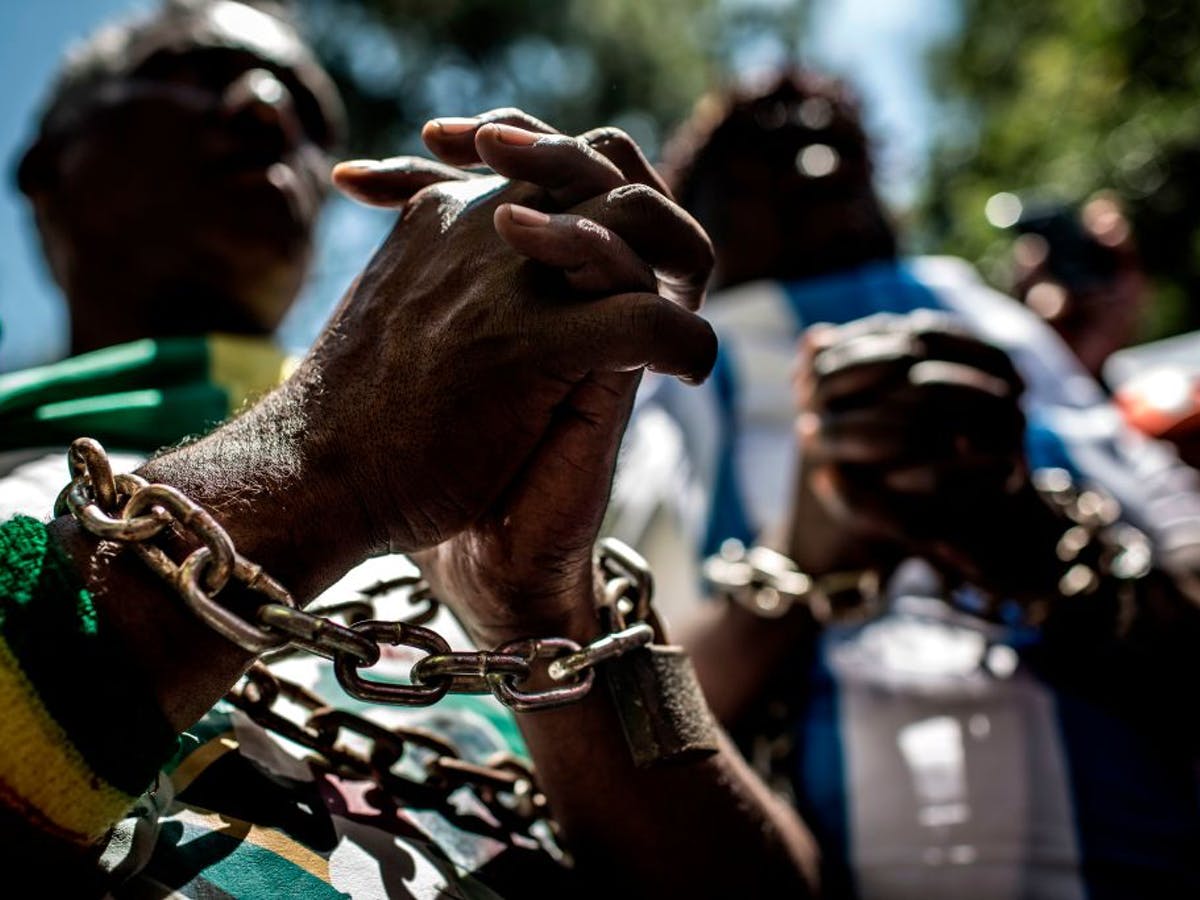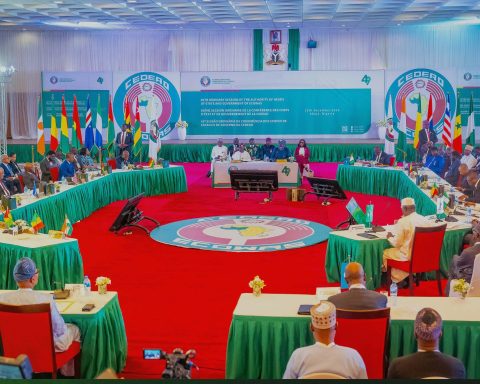UNITED Nations Human Rights Specialists on Friday called on the government of Mali to put a stop to hereditary slavery, considering the frequency of violent attacks experienced by people born into servitude.
Slavery was officially abolished in colonial Mali in 1905, but a system where people are still forced to work without pay for families that enslaved their ancestors still continued, the U.N. group of experts said in a statement.
Join our WhatsApp ChannelThe Rights group observed that Malian law does not specifically criminalise this form of slavery, so perpetrators are rarely held accountable.
In September, a group of people considered as slaves were attacked by other Malians who objected to their celebrating Independence Day, according to the U.N. experts.
The attacks went on for two days, leaving one man dead and at least 12 people injured. It was the eighth such attack this year in the Kayes region, about 500 kilometres (310 miles) northwest of the capital Bamako, the experts said.
“The fact that these attacks occur so often in this area shows that descent-based slavery is still socially accepted by some influential politicians, traditional leaders, law enforcement officials, and judicial authorities in Mali,” they said.
“We have condemned this heinous practice many times before – now the Malian government must take action, starting with ending impunity for attacks on slaves.”
At least 30 people have been arrested from both sides and police have launched an investigation, the U.N. statement added.
Malian authorities could not immediately be reached for comment.
Descent-based slavery is also practiced in Mali’s neighbours Senegal, Burkina Faso, Niger, and Mauritania, which became the last country in the world to abolish slavery in 1981.
In Mali, prosecutors charge most hereditary slavery cases as misdemeanours, according to the U.S. State Department’s latest Trafficking in Persons report. It recommended that a 2012 anti-trafficking law be revised to include hereditary slavery.
















